By Andrea Estes and Matt Stout
The House Ethics Committee said Tuesday it is conducting a further probe of Representative Lori Trahan after investigators found “substantial reason to believe” she violated campaign finance laws in her upset election victory in 2018.
Investigators with the Office of Congressional Ethics found that her husband donated $300,000 to her campaign — far in excess of the $2,700 allowed — and her campaign appears to have “intentionally misreported” the days some donations were made as part of its apparent financial maneuvering.
The Office of Congressional Ethics, in a 16-page report released Tuesday, concluded that although Trahan said her $274,000 income in 2018 from her consulting company, Concire, was sufficient to cover the loan she made to her campaign, her husband was the “true source” of the funds.
Under federal election law, no one, not even a candidate’s spouse, is allowed to donate more than the individual limit, then $2,700.
In September the investigators forwarded their report to the House Ethics Committee, which made it public Tuesday and announced it would “extend the committee’s review of the matter.’’
The committee said it had not determined whether there was a violation.
“The committee notes that the mere fact of conducting further review of a referral, and any mandatory disclosure of such further review, does not itself indicate that any violation has occurred, or reflect any judgment on behalf of the committee,’’ the committee said in a statement Tuesday evening.
Investigators, saying the Westford Democrat and her husband, David, refused to cooperate, recommended that the committee issue subpoenas to her, her campaign, and her husband. However, a Trahan spokesman said she is cooperating with the Ethics Committee.
Mark McDevitt said “the complaint that generated this referral came from a right-wing group with a long history of attacking Democrats and is without merit.”
He was referring specifically to a complaint filed by the Foundation for Accountability & Civic Trust, or FACT, in April.
In a response filed with the Ethics Committee, Trahan admitted making mistakes, which she “deeply regrets and takes responsibility for,” but insisted the funds she loaned her campaign were her own money.
The Office of Congressional Ethics is an independent, nonpartisan entity charged with reviewing allegations of misconduct against members of Congress, officers, and staff. It’s governed by an eight-person board, which is made up of private citizens who cannot serve as members of Congress or work for the federal government.
It makes referrals to the Ethics Committee “when appropriate.’’
Investigators for the Office of Congressional Ethics found that Trahan misreported the dates that some loans to her campaign were made, apparently to make it appear she had funds when she didn’t.
She loaned $50,000 on March 31, 2018, for example, but investigators found the joint account she wrote the check from had a balance of only $55.13. Several days later, David Trahan deposited enough money into the account to cover the check and the campaign cashed it, according to the report.
David Trahan also wrote at least one check from a business account, the report said. Businesses are barred from donating directly to candidates.
A Globe report in March raised questions about the source of a late infusion of cash to Trahan’s campaign, including a $200,000 loan made in late August that allowed her to launch a last-minute advertizing blitz before the September primary for the Third Congressional District.
Her campaign reports suggested she didn’t have enough to cover the loans from her personal funds. But she insisted the money was her own.
As the investigation unfolded, she offered a different explanation — she argued that she viewed her husband’s money as her own and framed the financial tactics as falling into a “gray area” of campaign finance law.
After the story was published, several complaints were filed with federal agencies including Congress and the Federal Election Commission. The FEC complaints are still pending.
The cloud of the complaints has hung over Trahan for months and could prompt a challenge in 2020 from Dan Koh, the former Boston City Hall aide who narrowly lost to Trahan in a recount in last year’s primary.
Koh has cited questions about how Trahan financed her razor-thin victory in explaining his motivation for a rematch, even sending a text poll this fall to residents in the district to test the opinion of both him and Trahan.
It has prompted a highly contentious — and uncommonly public — spat between the two Democrats, with Trahan slamming Koh as “entitled” and Koh prodding her to release financial documents to prove “she did nothing wrong.”
Koh, in an e-mailed statement, contended that the report released Tuesday said she “broke the law to get elected and tried to cover it up.’’
“It’s even more disturbing that she refused to cooperate with the congressional investigation into her conduct,’’ he said. “The voters of the Third District deserve a full, honest account of her conduct during the election and the consulting clients she claims funded her campaign.”
The specter of an investigation hasn’t slowed Trahan’s reelection efforts, however. She’s grabbed endorsements from Senators Elizabeth Warren and Edward Markey, as well as groups ranging from NARAL Pro-Choice and Planned Parenthood Action Fund to IBEW Local 103, the influential Massachusetts electricians union.
She’s also taken the lead on a task force fighting efforts by Major League Baseball to slash its number of minor league affiliations, including that of the Red Sox’s Single-A team in Lowell, which Trahan represents.
The effort has helped raise her profile nationally.
McDevitt said in a statement that the FEC had found no violations in similar cases. “We look forward to the Ethics Committee’s final decision on this matter,” he said.
Read the full story on The Boston Globe.

